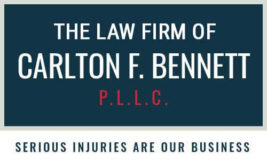When a person spends too much time in the same position, such as lying down in bed, it impacts the ability of blood to flow freely to the skin. Consequently, the skin is deprived of oxygen and essential nutrients, which can result in a breakdown of its integrity and bedsores.
Some of the ways to prevent bedsores include the following:
- Change positions regularly: It’s important to never stay in the same position for too long, as this insures that excessive pressure is not put on one part of the body.
- Keep skin dry and clean: Dry and clean skin is less likely to develop bedsores. Even if you can’t shower, it’s important to use warm water and soap and clean your skin with a washcloth.
- Use pillows: The use of pillows can help keep your body parts from touching for an extended period of time. For example, when lying on your side, a pillow between your ankles or knees can prevent bedsores.
- Don’t stop exercising: It’s not always easy to exercise when on bed rest, but it’s essential to promoting blood flow and maintaining your overall level of health.
People don’t typically develop bedsores after spending a day or two in bed. However, if a few days turn into a few weeks, such as during a stay in a nursing home, this is more likely to happen.
If a loved one is spending an extended period of time in a nursing home, be sure to watch for bedsores to develop. Since these can be prevented, it’s up to the staff to take the appropriate steps to prevent this common ailment that can become life-threatening.
If you suspect nursing home malpractice, discuss it with the staff and then learn more about protecting your or your loved one’s legal rights.

 February 14, 2019
February 14, 2019